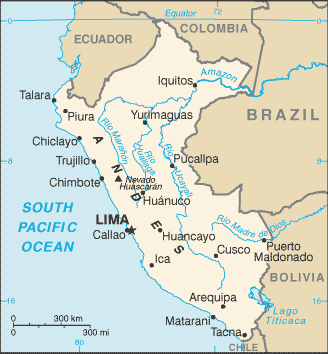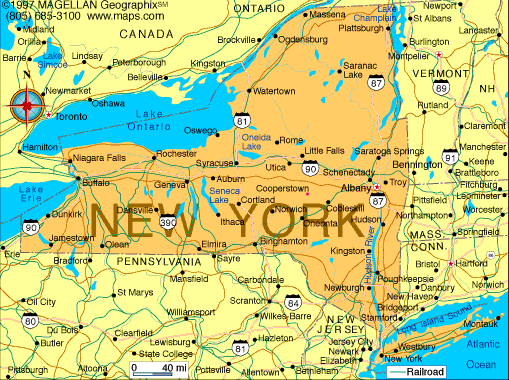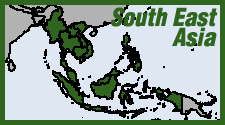 Another massive marijuana raid is reported from Peru's high Andean region of Áncash, which is quickly emerging as the country's key cannabis cultivation zone. Newspaper Primera Página reports that the National Police force's new and unsubtly named "Green Squad" discovered a field with 1,463 plants in the hamlet of San Miguel Chico, Caraz district. The crop was burned in the field. A photo in Correo newspaper of the police operation shows cannabis plants interspersed with corn stalks, so it is fairly clear that legal crops were also burned in the raid. The Huaylas Provincial Prosecutor's office has issued an arrest order for the landowner.
Another massive marijuana raid is reported from Peru's high Andean region of Áncash, which is quickly emerging as the country's key cannabis cultivation zone. Newspaper Primera Página reports that the National Police force's new and unsubtly named "Green Squad" discovered a field with 1,463 plants in the hamlet of San Miguel Chico, Caraz district. The crop was burned in the field. A photo in Correo newspaper of the police operation shows cannabis plants interspersed with corn stalks, so it is fairly clear that legal crops were also burned in the raid. The Huaylas Provincial Prosecutor's office has issued an arrest order for the landowner.

 Industrial hemp became legal in North Carolina on Oct. 31 as Gov.
Industrial hemp became legal in North Carolina on Oct. 31 as Gov.  Members of the
Members of the  In a 4-to-1 decision on Nov. 4, the Criminal Chamber of Mexico's
In a 4-to-1 decision on Nov. 4, the Criminal Chamber of Mexico's  Arkansas cannabis activists were evidently so eager to get a legalization measure before the voters that they shot themselves in the foot by submitting ballot language ridden with grammatical errors. Attorney General
Arkansas cannabis activists were evidently so eager to get a legalization measure before the voters that they shot themselves in the foot by submitting ballot language ridden with grammatical errors. Attorney General  Burma's President
Burma's President 





Recent comments
2 weeks 4 days ago
3 weeks 3 days ago
7 weeks 4 days ago
11 weeks 2 days ago
15 weeks 2 days ago
16 weeks 1 day ago
26 weeks 1 day ago
30 weeks 1 day ago
31 weeks 2 days ago
31 weeks 2 days ago